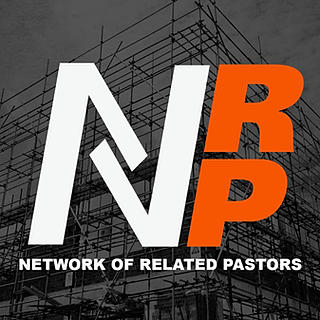Social Justice
- NRP
- Sep 2, 2020
- 2 min read

SOCIAL JUSTICE
Keith Tucci, NRP Apostolic Team Leader
When you hear the term “social justice,” what do you think of? Equal protection under the law? Equal application of the law? Equal access to the law? These three points should be well-considered and are valid expectations, at least in this country. (Improvement does need to be made in regard to all three of these.)
If you listen closely, the term “social justice” means more than that to some who are using the term. It means economic equality, which is different from economic opportunity. The dangerous point in this emphasis is that a person’s economic status is then what defines their life--people are less valid or less important if they do not reach a certain economic level. There is a vast difference between a person’s economic circumstances and their value as a human being. If we suggest that a person’s life is only measured by economic ability, we have, in fact, lowered the dignity of life for everybody. There will always be those among us who, because of valid inabilities, will need our help. Of course, if you include those with “invalid” challenges who face the same challenges that we all face, yet demand the same consideration of the truly needy, it actually hurts the person most in need.
The question must be asked--Did Jesus come to bring economic equality? The answer is an absolute no. When Jesus gave one man one talent, one man two talents, one man five talents, and then rewarded them according to their work and not according to their need, He clearly communicated that His mission on earth was not economic equality. When a man came to Jesus asking Him to bring equality to His inheritance, Jesus told him that was not His priority. The early Church in Jerusalem had all things in common, but that was not for everybody; that was for those who believed and were part of that group voluntarily.
The truth is that prosperity, economically speaking, is a fruit of history. Christianity has more to do with values than abilities. Some of those values would be hard work, honesty, generosity, and investment, as opposed to consumption. The record is very clear that these values (including sharing with those who are in the pain of economic circumstances and are in need of hospitals, homeless shelters, or disaster relief), while not exclusively Christian, are a distinction of the active Church.
The Bible emphasizes that this is the role of the believer, but not the role of the state. On several occasions, I have asked those who believe in economic equality (which is just a benign word for socialism) if they include a donation to the government when they pay their taxes. I have not met that person yet. Why? I would think it’s because inherently, we believe that an individual can do a better job with their money to help others than the state can. A valid question for those blessed with economic power is “How can I use this to glorify God?” This is not a one-time question, but a daily consideration. When you hear the term “social justice,” understand what may be being said is truly unbiblical. Then remind yourself, as a believer, that you are socially just with your blessings, because of Jesus.





Comments